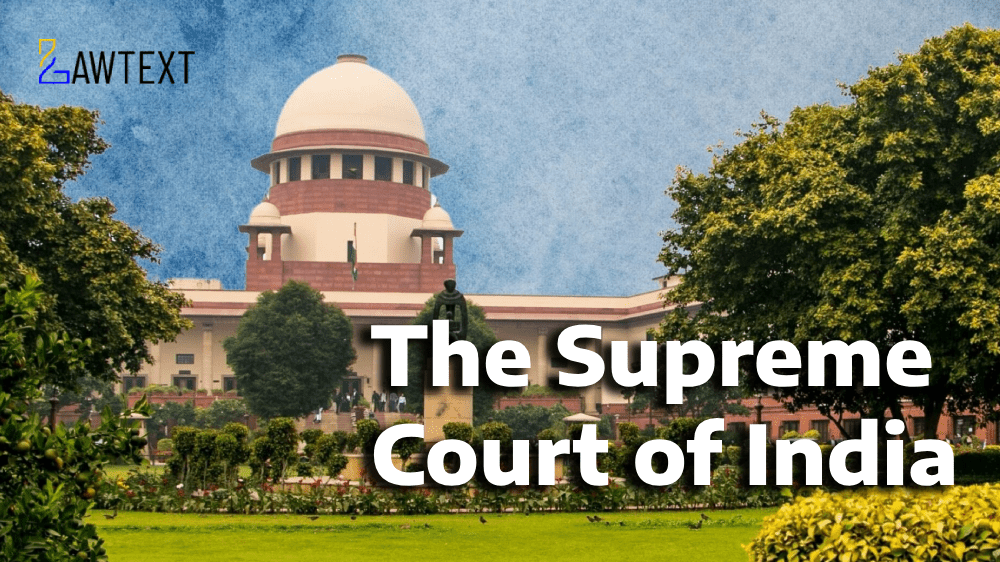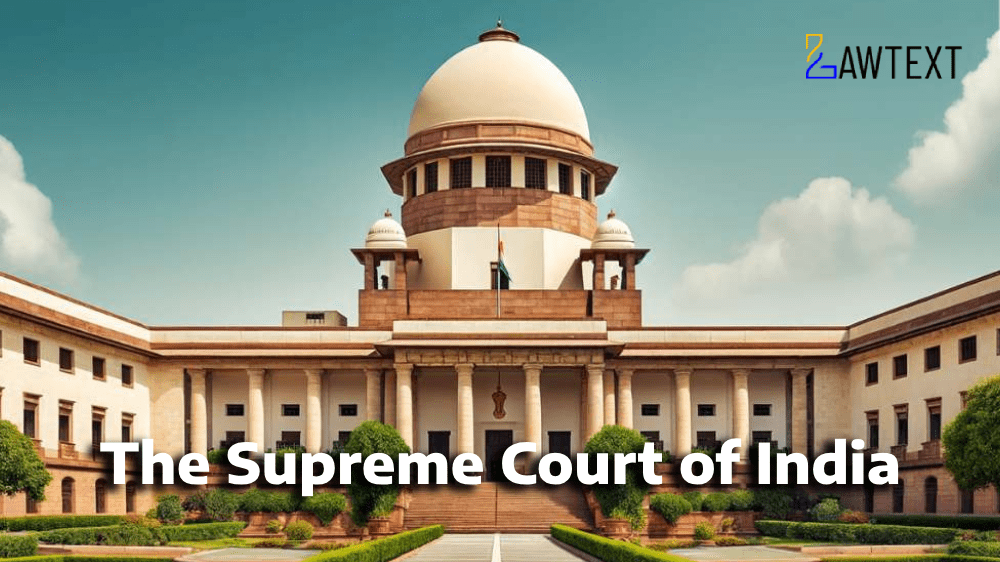Case Note & Summary
The Supreme Court of India overturned the conviction of Appellant, who was previously sentenced to life imprisonment by the Trial Court and the High Court for the alleged murder of Laxminarayan Sahu in 1988. The Court highlighted the inconsistencies in eyewitness testimonies and found the evidence presented by the prosecution insufficient to uphold the conviction beyond reasonable doubt. Consequently, the appellant was acquitted and directed to be released.
The Supreme Court found that the prosecution failed to prove the appellant's guilt beyond a reasonable doubt. The testimonies of the key witnesses (PW1 and PW2) were inconsistent, casting doubt on their credibility. The recovery of the weapon was also questioned, as it was found in an open area, making it unreliable as incriminating evidence.
1. Background of the Case: Incident Date: October 9, 1988 Initial Action: FIR registered under Section 302 IPC at Jarapada Police Station for the murder of Laxminarayan Sahu. Prosecution Case: Stemming from a property dispute among family members, the appellant allegedly murdered the deceased using a knife. 2. Proceedings and Conviction: Trial Court Judgment (2000): The appellant was initially convicted under Section 302 IPC and sentenced to life imprisonment. High Court Appeal (2014): The High Court upheld the conviction. 3. Supreme Court’s Observations: Eyewitness Testimonies (PW1 & PW2): The Court noted serious inconsistencies and abnormalities in their accounts. Both witnesses claimed to have witnessed the crime, but their delayed reporting and contradictory statements undermined their credibility. Recovery of Weapon: The knife allegedly used was found in an open space, which the Court found insufficient to connect the appellant conclusively to the crime. Hostile Witnesses (PW15 & PW16): The inconsistency among witnesses, including hostile testimonies, weakened the prosecution’s case. 4. Legal Analysis and Conclusion: Ratio Decidendi: The Supreme Court emphasized that for a conviction under Section 302 IPC, the prosecution must prove the guilt beyond a reasonable doubt. Doubts surrounding the credibility of key witnesses and the lack of substantial corroborative evidence led to the acquittal. Acquittal Order: The appellant was acquitted of the charges, and the prior judgments of the Trial Court and High Court were quashed. Acts and Sections Discussed: Indian Penal Code (IPC), 1860 Section 302: Punishment for murder. Section 304 Part-I: Considered but ultimately dismissed by the Trial Court as not applicable. Code of Criminal Procedure (CrPC), 1973 Section 401: The provision under which a revision was filed challenging the initial acquittal under Section 302 IPC. Ratio Decidendi:The Supreme Court's decision centered on the principle that the burden of proof lies with the prosecution, and any reasonable doubt must benefit the accused. The unreliability of eyewitnesses and the weak circumstantial evidence led to the conclusion that the conviction could not be sustained.
Subjects:Criminal Law, Murder, Evidence Evaluation, Appellate Jurisdiction
#Section302 #Acquittal #Evidence #WitnessTestimony #IndianPenalCode
Issue of Consideration: Jasobanta Sahu Versus State Of Orissa
Premium Content
The Issue of Consideration is only available to subscribed members.
Subscribe Now to access critical case issues





